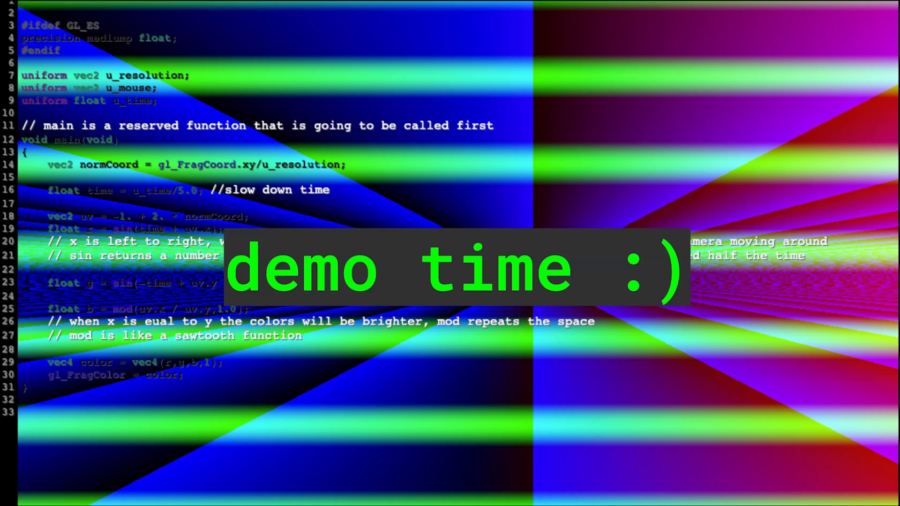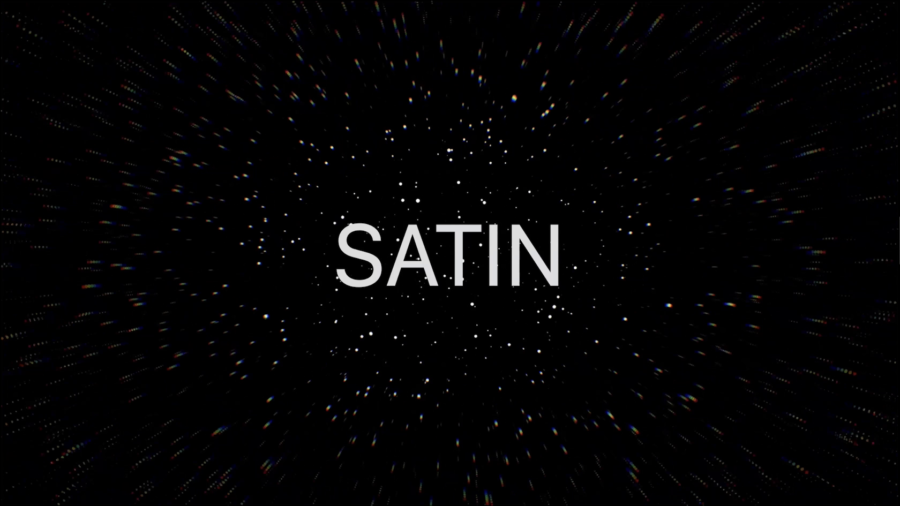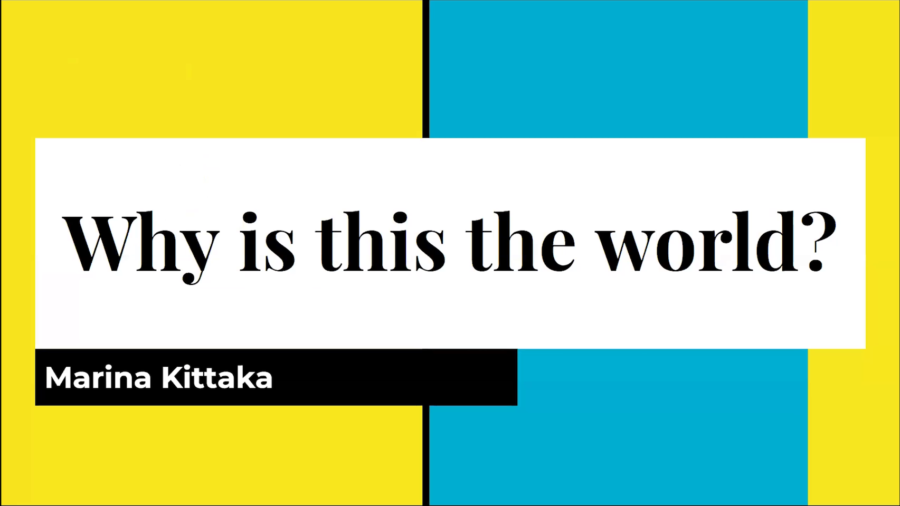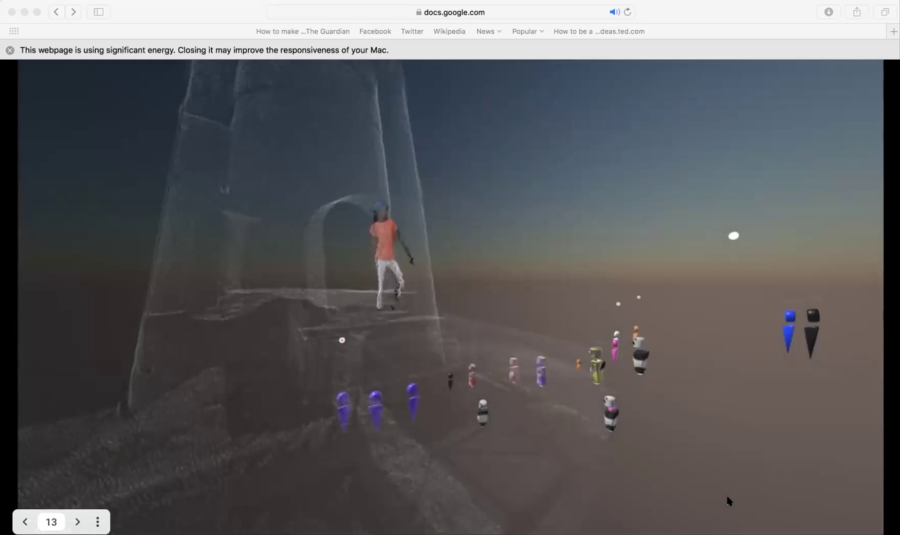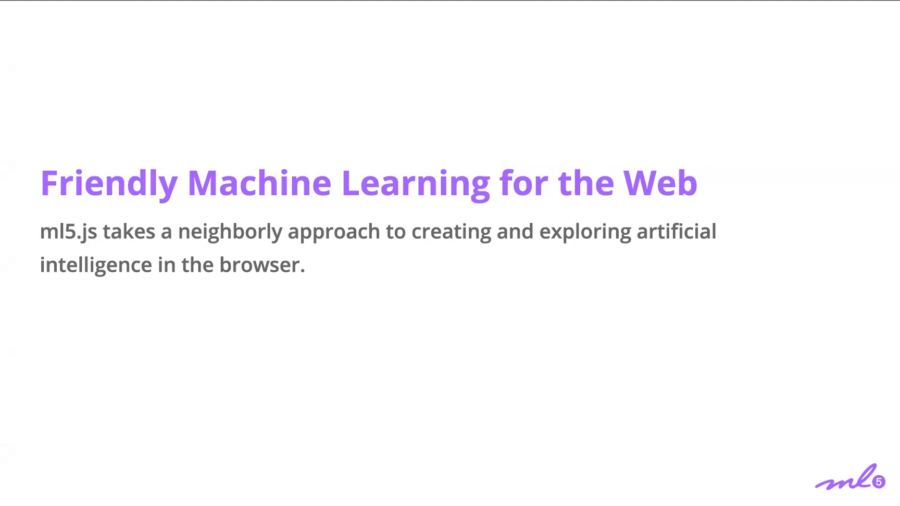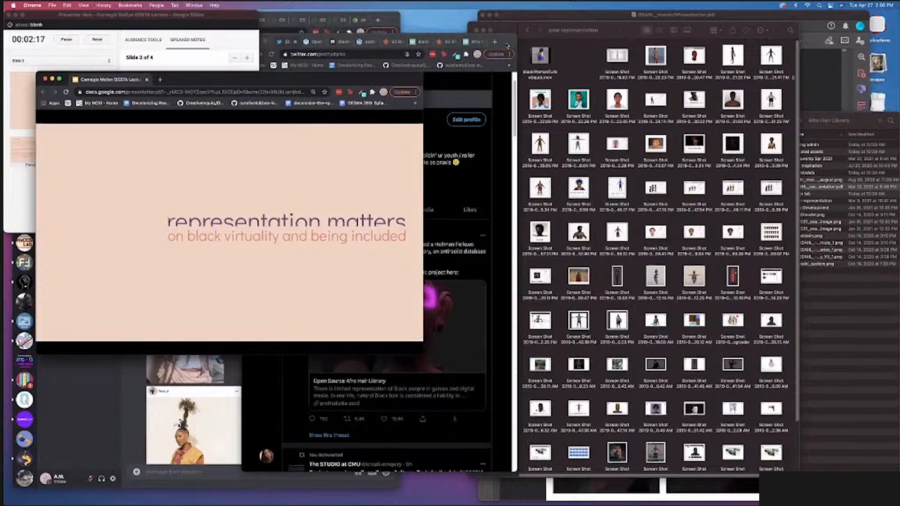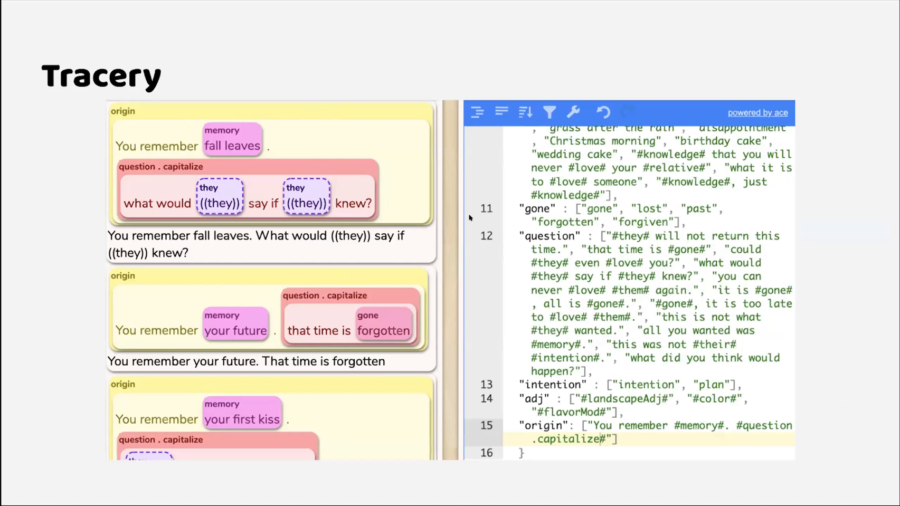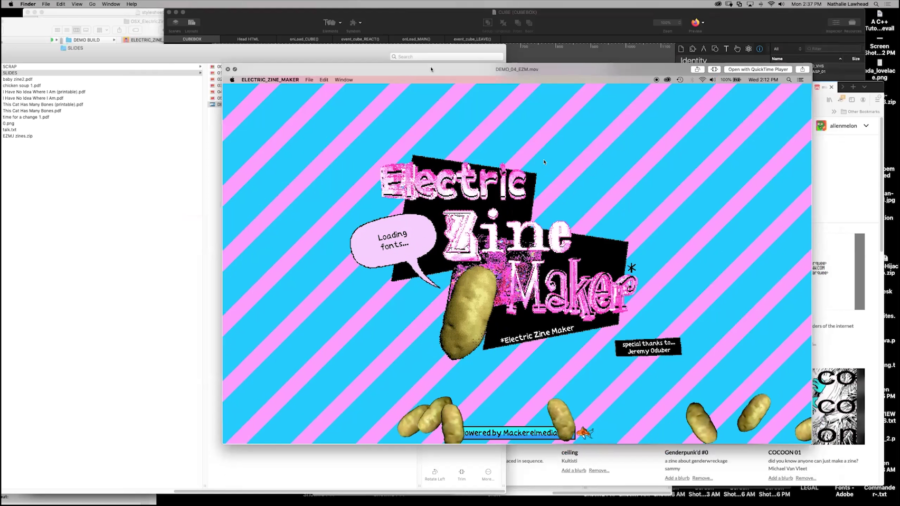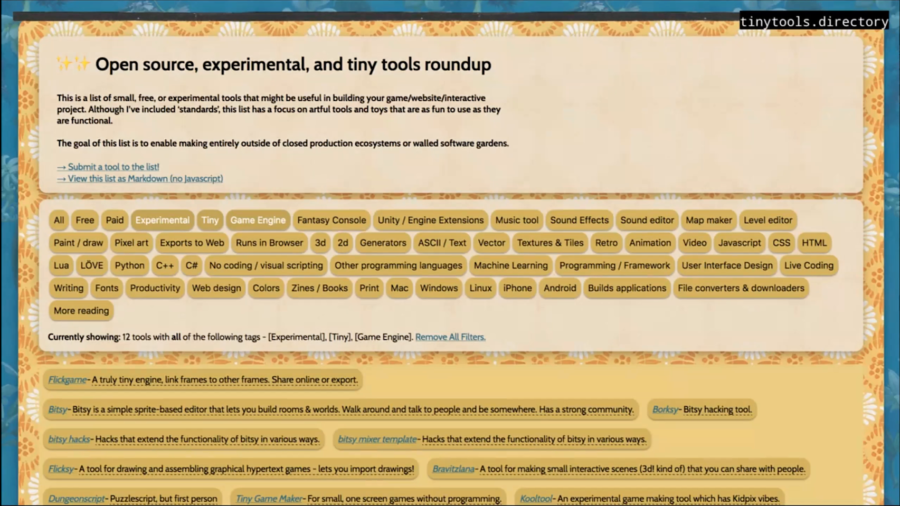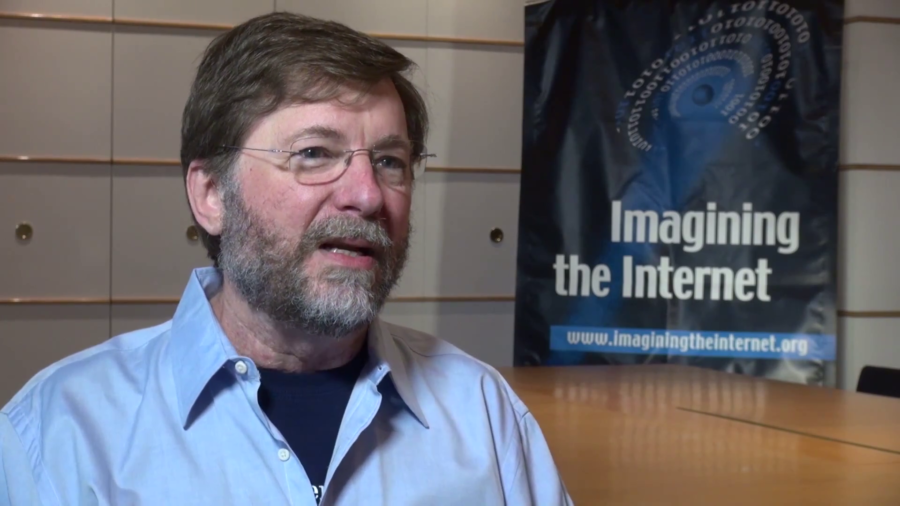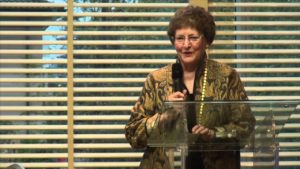Livecoding is where two programmers, one to create music and one to create visuals, will be on stage or livestreaming code that will create music and code that will create visuals alongside it. And as you can see on the screen we will also display the code as what it is compiled to is creating the sound of the music. So it creates this one-to-one transparency of like, the code that you’re seeing is exactly what you’re experiencing.
Elizabeth Feinler’s Internet Hall of Fame 2012 Induction Speech
presented by Elizabeth Feinler
When I first started on the Internet in 1972, I joined Doug Engelbart's group, Augmentation Research Center, and I didn't know exactly what a network information center was but I thought we were going to be handling information in a very different way, and it was very addictive. Read more →

